
Among the many lessons I’ve learned since my diagnosis with cancer, there’s one in particular that I refer to daily. It’s a lesson learned from wearing a pair of odd-looking shoes.


Among the many lessons I’ve learned since my diagnosis with cancer, there’s one in particular that I refer to daily. It’s a lesson learned from wearing a pair of odd-looking shoes.

My doctor once told me that if you're old enough to fight for your country, then you're old enough to get breast cancer.

As I reflect on four years of “warriorhood” since being diagnosed with cancer, I wrote a letter to my younger self and others who are just receiving diagnosis.
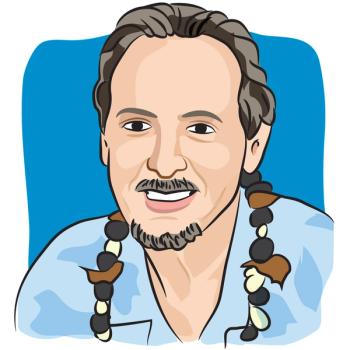
My choice to not undergo chemotherapy for breast cancer was not an easy one, but looking back, I don’t regret it.
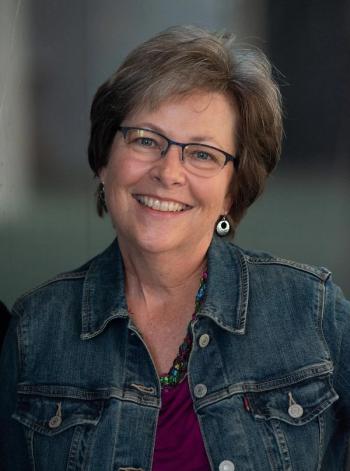
A patient with metastatic breast cancer recalls the emotional experience of being among the thousands of attendees who gave a standing ovation in an auditorium in Chicago when the results of the phase 3 DESTINY-Breast04 trial — which recently led to the FDA approval of Enhertu in HER2-low disease — were presented at the 2022 ASCO Annual Meeting.
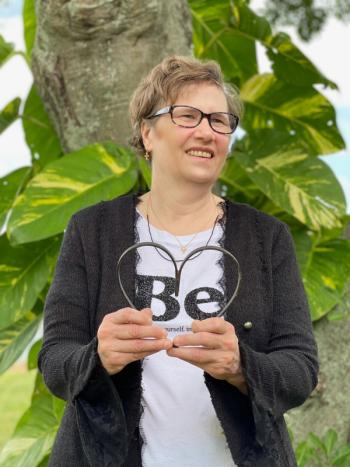
Prior to my breast cancer diagnosis, my only goal in life was for my son to turn 16 so he could drive me to and from the local bars. Now I can’t help but think that my cancer was meant for me to change my life.
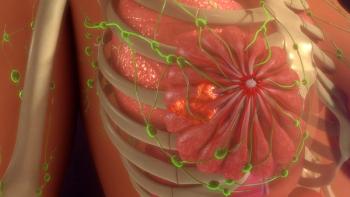
The use of Trodelvy was associated with a significant improvement in survival when compared with physician’s choice of chemotherapy in patients with HR-positive, HER2-negative metastatic breast cancer, according to recently announced study findings.

A phase 2 trial will analyze the novel drug ART4215 with Talzenna, a PARP inhibitor, for patients with BRCA-deficient breast cancer.
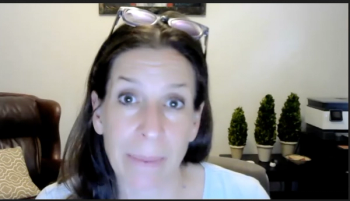
A psychiatrist advises patients with cancer to speak up about their mental health concerns during cancer treatment, as there are tools that can guide best next steps.

After findings from an early-phase trial showed that the novel drug was associated with anti-tumor activity, investigators decided to continue enrolling more patients with ER-positive, HER2-negative metastatic breast cancer.

Gender be damned, a mother bear’s “fierce compassion” became my default mode as I cared for my ailing adventure partner and soul mate.

From “EastEnders” star Samantha Womack announcing her breast cancer diagnosis in a tribute to Olivia Newton-John to a famous fashion designer’s death from liver cancer, here’s what’s happening in the oncology space this week.
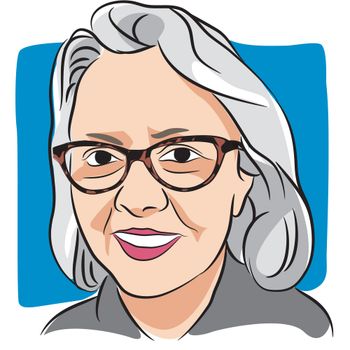
“Love Story,” the story about a young woman who falls in love and then dies of cancer, affects me differently now than it did when I was a teenager and no experience with either love or cancer.

The FDA’s decision to grant the investigational drug elacestrant a priority review for patients with ER-positive, HER2-negative advanced or metastatic breast cancer was based on data that showed the treatment bested standard-of-care in terms of improving survival.
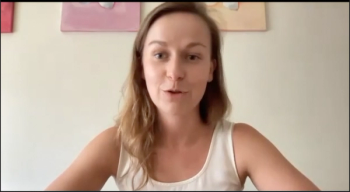
Many patients with breast cancer ask about the benefits of the supplement sulforaphane, but a naturopathic doctor advises patients that it is best to get the compound from food rather than supplements.

Hearing the news of Olivia Newton-John’s death shocked me. I’d loved this lady since the early 70s. But shock wasn’t the only emotion I faced — along with it came overwhelming sadness and fear.

Actress/musician Olivia Newton-John has died after a long bout with breast cancer.

It’s hard to watch other people fight cancer, but I must remember to stay inside my safe zone — my hula hoop — and only run to aid them when they ask.

Although very few patients are informed about the effects that breast cancer treatments may have on their sexual health, many patients expressed wanting that information throughout all stages of their treatment, according to study findings.

I made too many late-night purchases for things that I thought I’d need after my mastectomy. Thankfully, the STOMP group helped me get rid of some of these items.

The Food and Drug Administration approved Enhertu for the treatment of unresectable or metastatic HER2-low breast cancer — marking the first targeted drug for this newly defined breast cancer subtype.

When my grandmother passed, I noticed my aunt was ruder than usual, and I wondered if I was like that during my cancer experience... and if the pain I was going through excused that behavior.
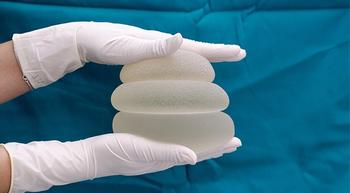
Findings from a recently published study demonstrated that only a small percentage of women — all with breast cancer — who received silicone breast implants underwent the recommended screening to assess for potential ruptures.

Despite how caring they may be, certain people in our life had a difficult time being there for the realities of my daughter’s cancer experience.

The findings add to a growing body of literature that demonstrate coffee and/or tea consumption is not detrimental to breast cancer survivors, according to the study authors.